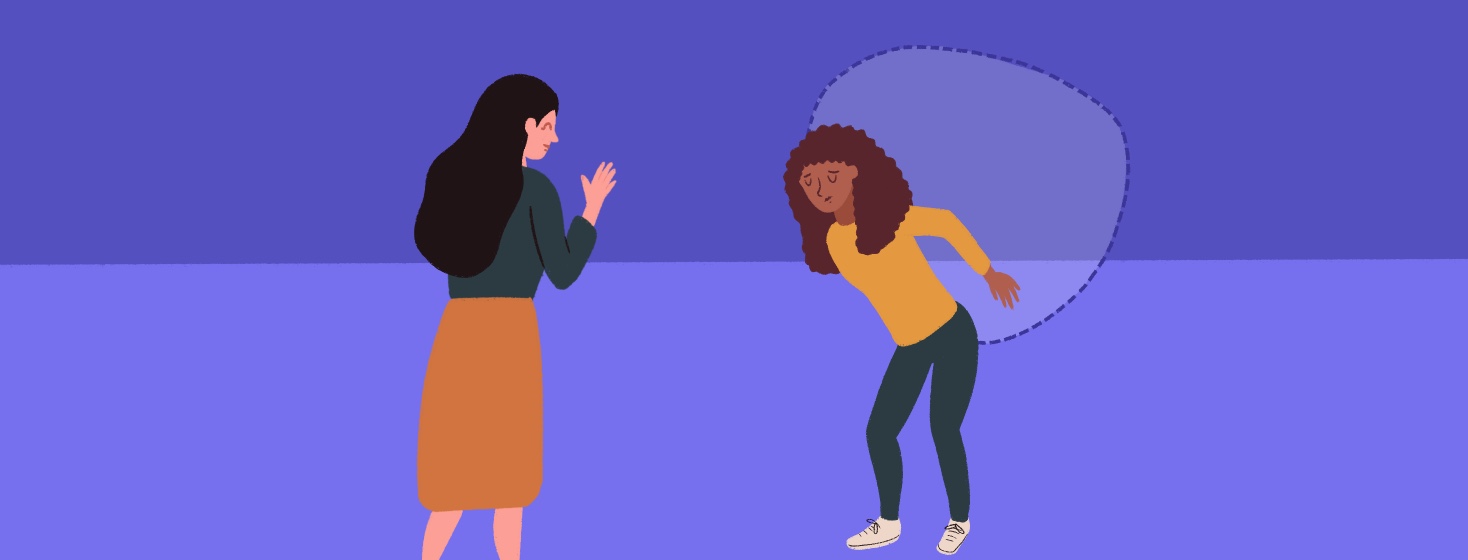Community Shares: The Invisible Side of Advanced Breast Cancer
For friends, family, and coworkers of anyone with advanced breast cancer, it can be challenging to fully understand what it is like to live with this diagnosis. So much of what it means to have advanced breast cancer is entirely unseen.
To find out more about the many challenges of this diagnosis, we reached out to followers of our Facebook page and asked community members to tell us: “Which invisible part of your cancer do you wish people could see?”
We saw comments from more than 75 people. Here is what was said.
The invisible fatigue of advanced breast cancer
The most common answer shared by the community is fatigue. Feeling exhausted is especially common for those who are undergoing chemotherapy and taking other medicines to fight their advanced breast cancer. Friends and coworkers may not understand what it is like to feel so tired from your body fighting a disease all the time.
- “The fatigue from carrying so much.”
- “Feeling so exhausted.”
- “The exhaustion from low blood counts.”
- “I wish they could see the fatigue.”
Physical pain caused by breast cancer
Advanced breast cancer is painful, and that pain can be caused by tumors, the cancer itself, or the medicine used to treat cancer. Since physical pain is something others generally cannot see, they might not understand what you are feeling each day. Coworkers, friends, and family members do not want you to be in pain, so they might have trouble acknowledging your reality. In some cases, that may mean they would have to face their feelings about you having cancer.
- “The pain.”
- “The pain from tumors in my bones.”
- “The pain I struggle with every day.”
Being confused and forgetful due to chemo brain
Chemo often causes a mental fog that makes it hard to think, remember, and explain things clearly. It is so common that it has a name – chemo brain – but not everyone knows that this exists.
- “I wish they could see the chemo brain. People are always suggesting that I should read. I love to read, but the chemo brain and tinnitus make it difficult to concentrate.”
- “The chemo brain. I forget a lot and have to rewrite everything down. Then still forget.”
Feeling sad or depressed because of advanced breast cancer
It is natural to feel sad, angry, or depressed when living with advanced breast cancer. You may feel one emotion, such as sadness or anger when first diagnosed, and then something else, such as depression, later on. Big emotions like depression can sneak up on you and outwardly look like a lack of energy or inspiration to do the things you love.
Whatever you are feeling, it may be helpful to talk about it with a friend, therapist, support group, or a mental health support hotline. It is especially helpful to share with your circle of people who would understand and even relate to what it is like to go through something so emotionally difficult. This level of sharing often will help you feel better, and it also helps the listener better understand what you are going through.
- “The struggle and the emotions it takes you through.”
- “The depression.”
The loneliness of advanced breast cancer
It is unfortunate that in some cases, friends and even family members fall away during the advanced breast cancer journey. They may not know what to say or may not realize how isolated someone can become during the cancer journey. If friends and family do not respond to requests to meet up or come visit you when possible, remember that there are other ways to find connections. Many people with advanced breast cancer find connections through support groups, many of which meet online.
- “The loneliness as friends drop away one by one. Promises of visits and then the excuses as to why they cancel.”
- “Feeling so alone.”
- “The rejection.”
Thank you to everyone in the Advanced Breast Cancer community for sharing your inner journey and struggles with us.

Join the conversation